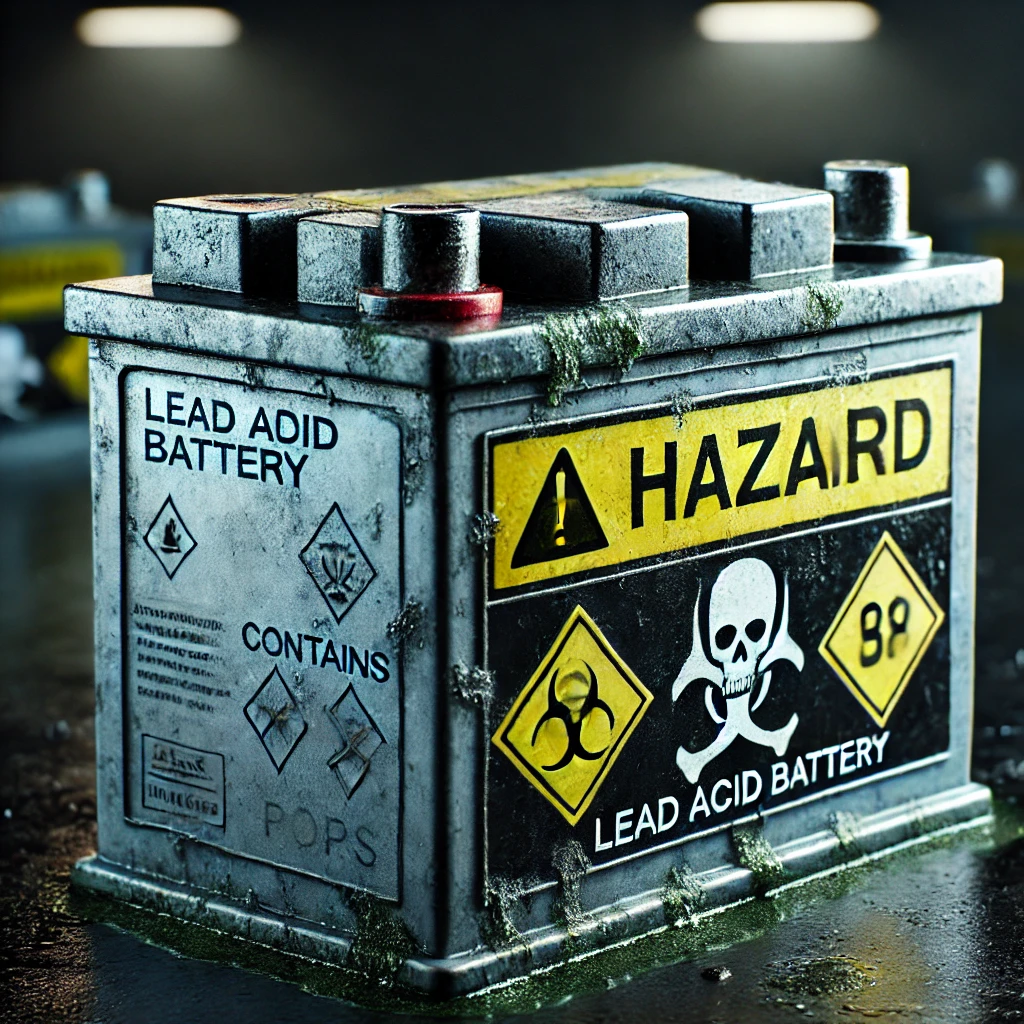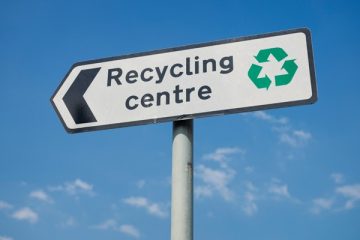Defra has recently released updated guidance on the proper waste management of lead acid batteries that may contain persistent organic pollutants (POPs). This new regulation is particularly relevant to the waste disposal and skip hire industry, including services like skip hire Leeds, skip hire Wakefield, and companies like EFR Skips that offer comprehensive waste management solutions.
Key Points from the Guidance
Lead Acid Batteries and Classification
- Polypropylene plastic: These battery cases should not contain POPs.
- Other plastics, such as acrylonitrile butadiene styrene (ABS): These may contain POPs.
- On waste consignment notes, lead acid batteries that could contain POPs must be clearly described as “containing POPs.”
This new guidance impacts the way companies in the skip hire industry handle hazardous waste, ensuring compliance with proper disposal methods to avoid environmental risks.
Disposal and Destruction Requirements
To dispose of lead acid batteries containing POPs, the following methods must be used:
- Incineration: Can be performed in hazardous waste incinerators, municipal waste incinerators, or cement kilns (D10 or R1 facilities).
- Metal smelting: Smelters (R4 facilities) can destroy the POPs.
These facilities must be authorized to handle POPs waste. For businesses involved in skip hire Leeds and skip hire Wakefield, such as EFR Skips, this means ensuring that waste is transported to and processed by facilities equipped to manage POPs legally and safely.
Pre-Treatment and Storage Guidelines
- Pre-treatment: Permitted only for separating the plastic case materials containing POPs for packaging prior to destruction.
- Temporary storage: Allowed only ahead of pre-treatment or during the destruction process.
Export Regulations
Exporting lead acid batteries containing POPs is allowed only for destruction. Any company involved in exporting must notify the Environment Agency and obtain the necessary consent to export such waste from England to destinations outside the UK.
Identifying Waste Lead Acid Batteries Containing POPs
Waste lead acid batteries that contain POPs can be identified by:
- Determining the type of plastic used in the battery case.
- Checking for the presence of bromine in the polymer.
- Using X-ray fluorescence (XRF) scanning to detect bromine, indicating the presence of POPs.
Waste Management and Skip Hire Industry Impact
The skip hire industry, including businesses like EFR Skips, which provide skip hire Leeds, skip hire Wakefield, and services in surrounding areas, must now ensure that they follow this guidance to remain compliant with POPs disposal laws. Proper classification, handling, and destruction of hazardous materials are crucial for environmentally responsible waste management. By adhering to these regulations, skip hire services can ensure the safe and legal disposal of potentially dangerous materials, protecting both the environment and public health.
For those looking for reliable skip hire services, EFR Skips offers comprehensive waste management solutions across Leeds, Wakefield, and beyond, ensuring compliance with the latest waste disposal regulations, including the handling of lead acid batteries and other hazardous materials.



